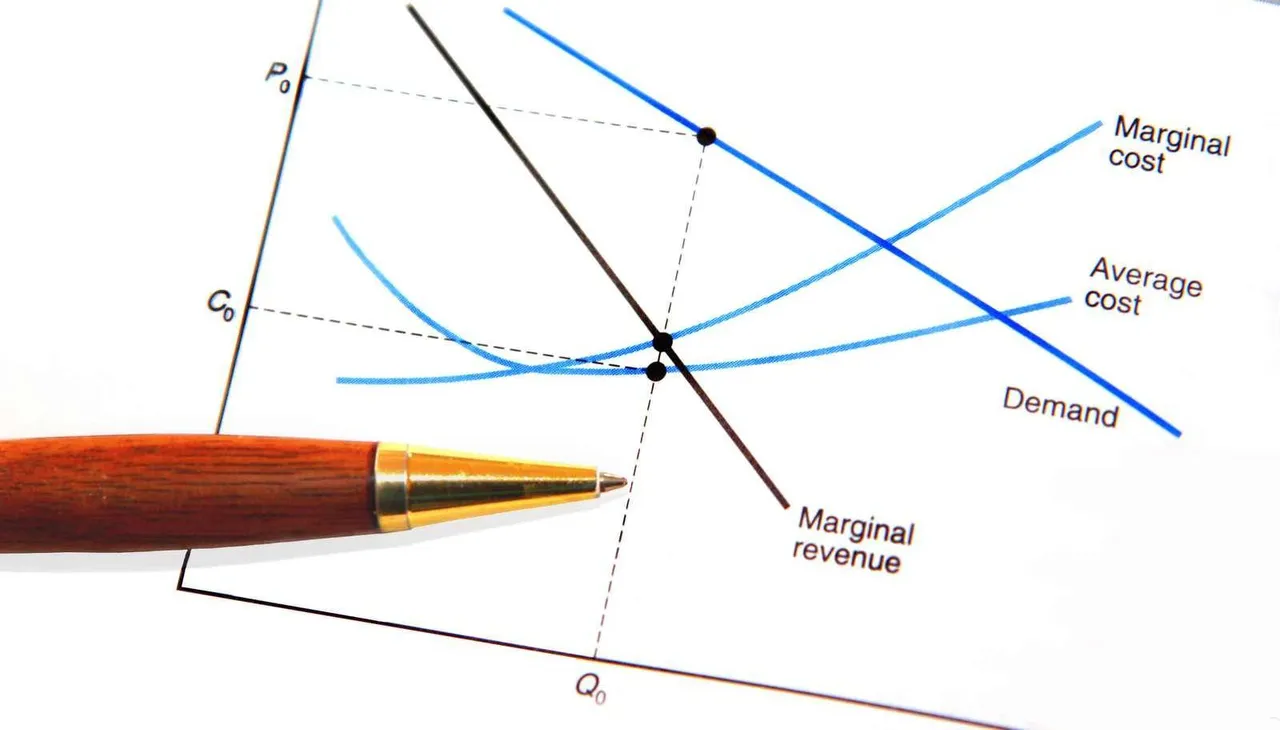In each of these industries, standardized products are manufactured on a continuous basis, stocked and then shipped to customers in the quantities requested by them. There is no specific start or end time for production.

Management levels do not have the luxury of waiting until the end of the year for cost information, the process costing system is used to calculate total and unit costs at desired intervals of time, which may be daily, weekly, monthly, or whatever interval management deems appropriate.
Hence, manufacturing companies can manufacture through their production processes a single product or several products. In this type of industry (such is the case of the company under study) production is not subject to interruptions or diversifications in the model of the product being produced, since it would be very costly for the company to stop production to introduce changes.
This could lead to losses, but it is developed in a continuous and uninterrupted way, through the constant flow of materials through the various transformation processes, these processes can be consecutive or parallel.

Manufacturing costs are recorded in a production in process account for each of the departments. The finished units, together with their corresponding costs, are transferred from one process to another. Unit costs are calculated by dividing the accumulated costs in each process by total production. The closing of cost periods does not necessarily imply the cessation of production activities.